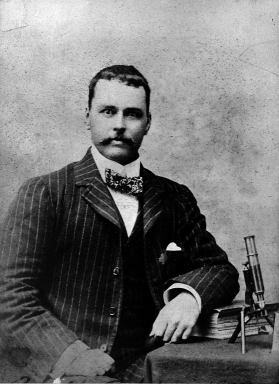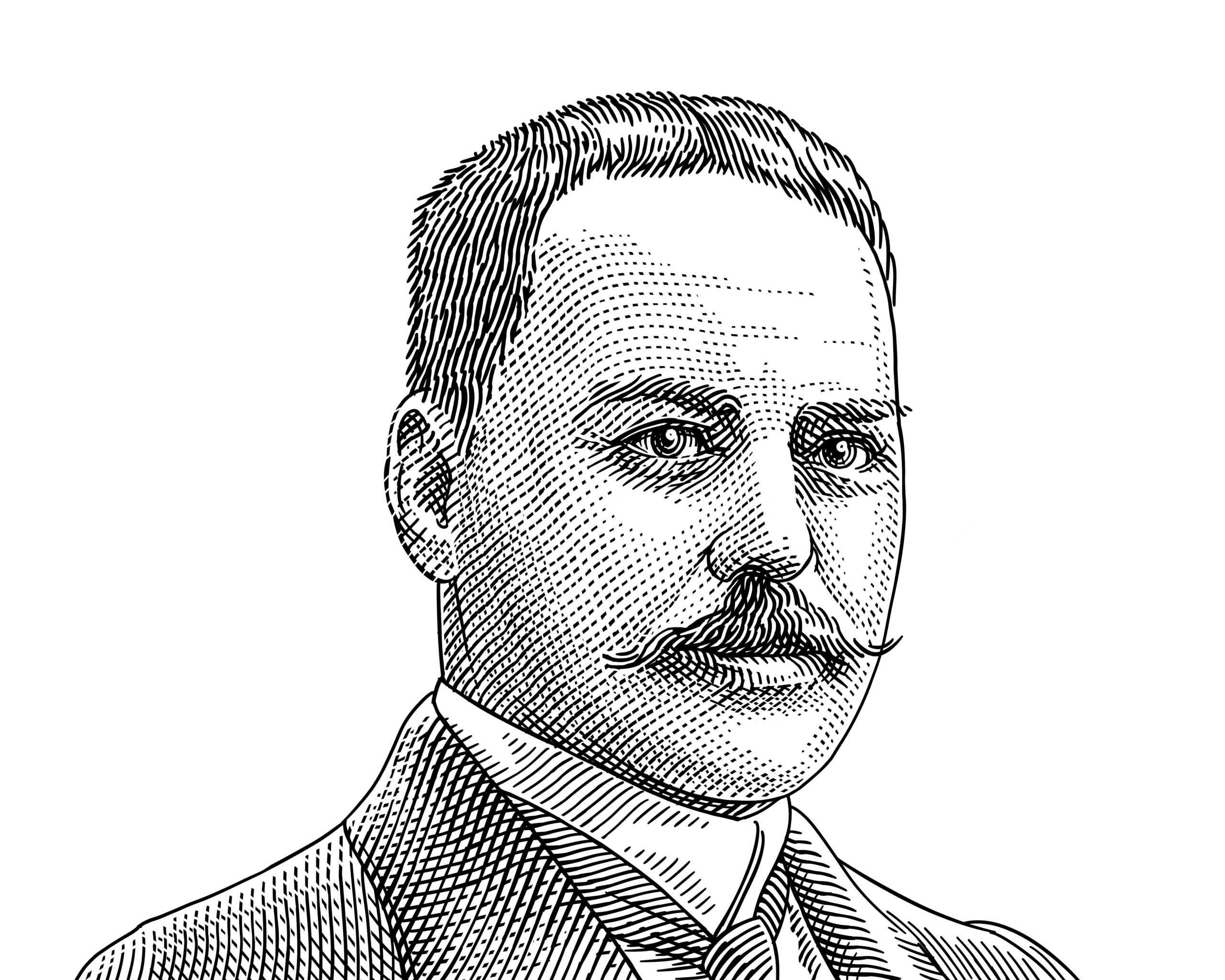Today marks the seventh installment in a series of articles by HumanProgress.org titled, The Heroes of Progress. This bi-weekly column provides a short introduction to unsung heroes who have made an extraordinary contribution to the wellbeing of humanity. You can find the 6th part of this series here.
Our seventh Hero of Progress is Ronald Ross, the man who first discovered that malaria is spread via mosquitoes. Ross’ work laid the foundation for new methods of combatting the disease, thus saving untold millions of lives.
Ronald Ross was born May 13, 1857, in Almora, British India. His father, who was a general in the British Indian Army, enrolled Ross at St Bartholomew’s Hospital Medical College in London, in 1874. After graduating in 1879, Ross joined the Indian Medical Service and was posted all over India and Pakistan between 1881 and 1894.
While on leave in 1888, Ross began to study bacteriology in London. In 1894, Sir Patrick Manson, a pioneering Scottish physician who came to be known as “the father of tropical medicine,” introduced Ross to malaria research. It is said that even before his luggage cleared the customs office when he returned to India in 1895, Ross was in Bombay Civil Hospital looking for malaria patients. However, Ross’ experiments were interrupted when he was deployed to Bangalore to investigate an outbreak of cholera. In June 1897, he was transferred to Secunderabad to continue malaria research.
In July 1897, after almost two years of failure, Ross found malarial parasite inside the guts of dissected mosquitoes. His findings were published in the 1897 issue of the British Medical Journal. In 1898, Ross found that the malarial parasite was stored inside the mosquito salivary gland and released through biting. He was also able to demonstrate the transmission of malaria from infected birds, via the mosquito, to healthy birds – thus establishing the completed life cycle of the malarial parasite. That explained how malaria was transmitted to humans.

Ross received the Nobel Prize for physiology and medicine in 1902, thus becoming the first Nobel laureate born outside of Europe. Soon thereafter, Italian zoologist Giovanni Batista Grassi identified Anopheles as the genus of mosquito responsible for spreading the disease. Once scientists understood the role of mosquitoes, they were able to develop programs aimed at halting the spread of the disease.
After leaving the Indian Medical Service in 1899, Ross became a lecturer at the Liverpool School of Tropical Medicine and continued to work on the prevention of malaria in different parts of the world. He received a knighthood from King George V in 1911. Later in life, he founded the Ross Institute and Hospital for Tropical Diseases in 1926 and was its Director-in-Chief until his death in 1932.
Although much work is still to be done, Ross’ discovery has allowed for immense progress in combatting malaria. Incidences of malaria continue to fall throughout the world. The World Health Organization estimates that malaria deaths fell more than 47 percent between 2000 and 2015. Without Ross’ work, the progress made in combatting malaria would be far less sophisticated and millions of people wouldn’t be alive today. It is for that reason that Sir Ronald Ross is our seventh Hero of Progress.

